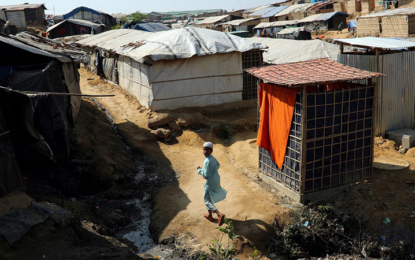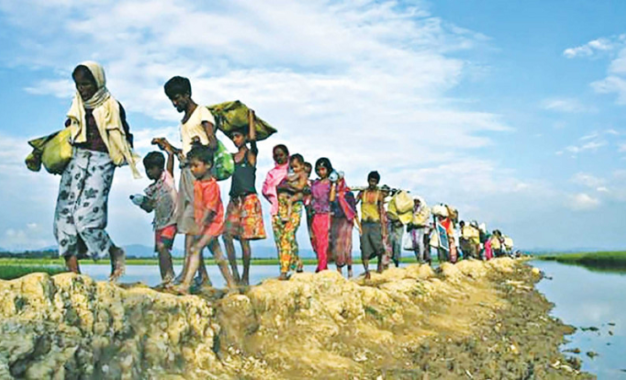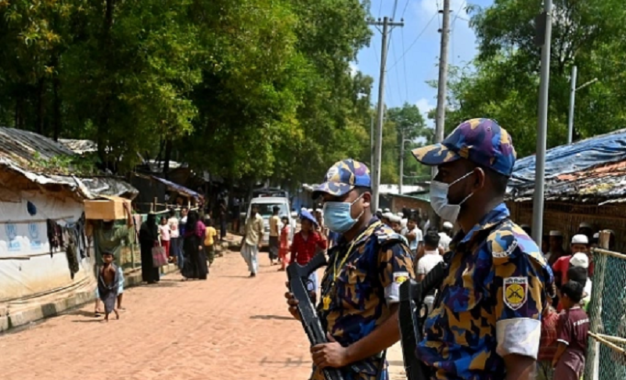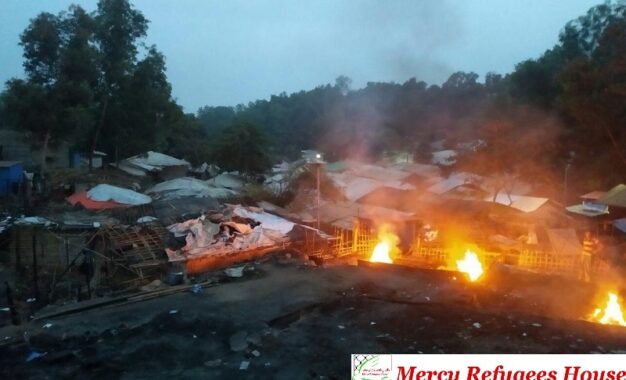COX’S BAZAR, Bangladesh — Six days into Mohammad Hossain’s boat journey to a new life, the engine broke down.
Hossain, 17, a Rohingya refugee living at a camp in Bangladesh, had paid brokers $1,000 to take him across the Andaman Sea to Malaysia, a trip that was supposed to take two weeks. Now, he and about 150 other people crowded in the trawler had little hope of reaching their destination, and conditions were getting increasingly desperate as they drifted at sea.
The brokers had stopped providing water and food, leaving Hossain and the others to survive on rain and seawater. Passengers who argued or asked for something to eat were “subjected to inhuman torture” by the brokers, Hossain told NBC News in January during a video call with his family at the Kutupalong refugee camp in Cox’s Bazar, a district in southern Bangladesh. At least 20 people died, he said, including some who jumped into the water.
ALSO READ THIS: ROHINGYA CRISIS CALLS FOR MORE THAN JUST DIPLOMACY
On Dec. 26, more than a month after he had left, Hossain finally made it to land — although not where he had intended to go.
“Thanks to Allah,” he said, “I have reached Indonesia alive from the doors of hell.”
Almost 1 million mostly Muslim Rohingya refugees remain stateless in Bangladesh years after having fled neighboring Myanmar, a majority-Buddhist country where they are not considered citizens and were the targets of a deadly military campaign that the U.S. has declared genocide. Seeing no future in Bangladesh, where they are not officially allowed to work and have limited opportunities for education, growing numbers are risking their lives on dangerous boat journeys to countries in Southeast Asia where they hope to find something better.
In recent weeks, hundreds of Rohingya refugees have landed on the shores of Indonesia’s Aceh province, including 185 whose boat arrived Jan. 8. At least 180 others are presumed dead, the U.N. refugee agency says, after their boat is believed to have sunk in early December.




















